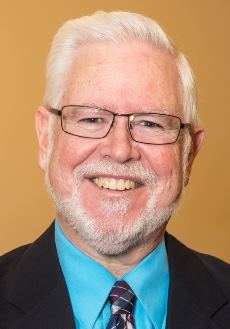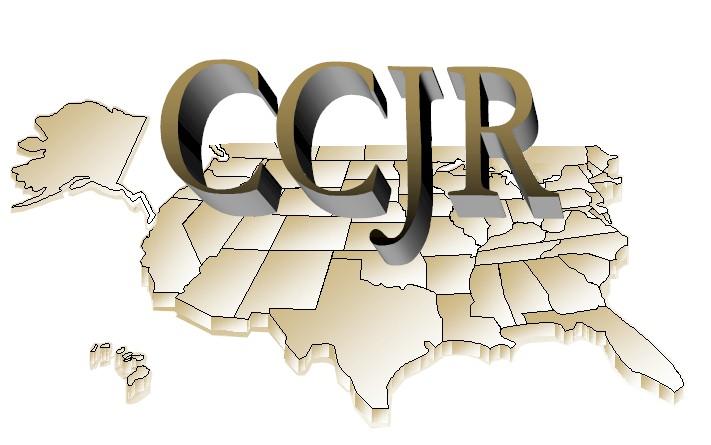Other Board Members
Other ICCJ Board Members:
Dr Phil Cunningham
 Dr PHIL CUNNINGHAM
Dr PHIL CUNNINGHAM
United States of America
ICCJ Immediate Past President
Describe how you became involved in interreligious dialogue and in the ICCJ:
I became committed to Christian-Jewish relations primarily through biblical studies and seeing how Christians read their Bible directly impacts their attitudes toward Jews and Judaism. This led me to explore how Christian theology had traditionally been premised on an oppositional stance toward Judaism and how in a post-Shoah world Christians were morally obligated to reexamine this. Critical methods of interpreting the Bible were becoming normative in my Catholic community and they held great promise for the post-Shoah reform. I probably also was encouraged toward interfaith relations by growing up in a section of New York City with a large Catholic and a large Jewish population. I became connected with the ICCJ through the agency of its then president, John Pawlikowski, who invited me to speak and share my research at an ICCJ annual conference.
Tell us something about your first ICCJ conference:
I believe my first ICCJ conference was in Sydney, Australia. I remember being impressed by the blowing of the didgeridoo during a welcoming ceremony (which if memory serves also featured the lighting of torches that set off the smoke alarms!). I mention this incident because it illustrates the importance of ICCJ conferences in introducing participants to local cultures and contexts.
Tell us briefly about your most powerful ICCJ memory:
Both because it was recent and because I am a Catholic, I’d have to say that the ICCJ’s private audience with Pope Francis is my most vivid memory. Several aspects of this event stand out: the fact that the Holy Father personally greeted and shook hands with every single one of the about 265 participants, his comment to me that togetherness was the priority when I thanked him for his generosity in doing so, and the content of his brief but theologically quite significant address to the ICCJ.
How do you see the ICCJ evolving in the future:
See #s 5 and 6.
What/which questions are the closest to your heart:
I am increasingly interested in the dynamics of the emerging new Christian-Jewish relationship. What happens when reforming one’s theology in response to more accurate understandings of the Jewish or Christian other becomes intermingled with the natural desire for them to reciprocate? How do we reconfigure identities that were partially defined in response to rejection and hostility on the other’s part when today the other is encountered as a friend? How is covenantal distinctiveness to be redefined when the boundaries between the two traditions shift because of achieving a more profound awareness of each other? What existential forms will “complementarity” and “mutuality” between Christians and Jews take in the coming decades?
What is the greatest challenge you think the ICCJ will face in the coming years:
Presuming that fostering the deepening and extent of Christian-Jewish dialogue is the priority goal, the great diversity in histories, needs, demographics, and resources even in just the countries that have member organizations in the ICCJ will be enormously challenging. In addition, the importance of the specific bilateral Jewish-Christian relationship will have to be demonstrated constantly.
What advice would you give to someone who is just getting involved in the ICCJ:
Take advantage of the opportunity to learn about the very diverse interreligious situations and histories in the many countries that are involved in the ICCJ and thus realize that your own context is itself unique and precious.




